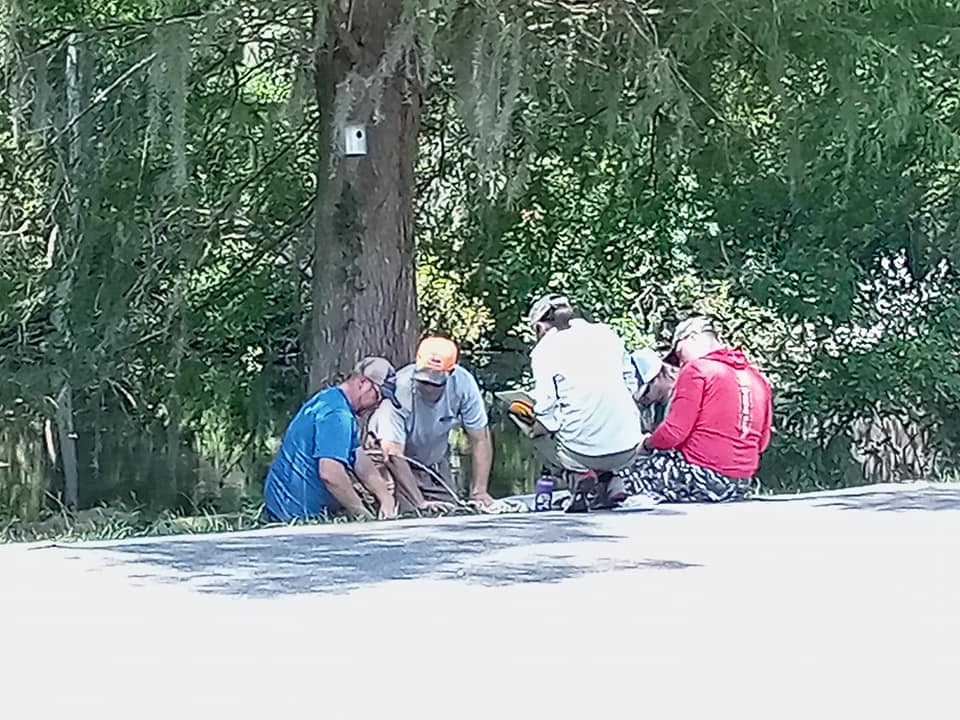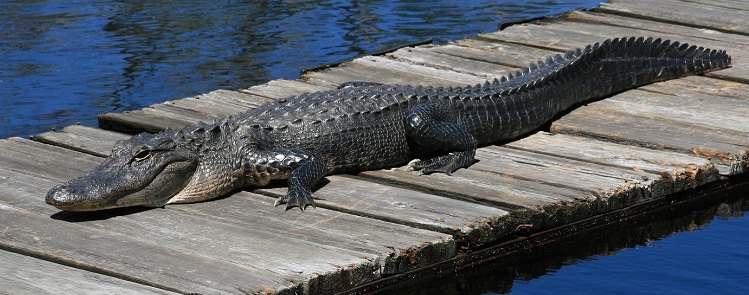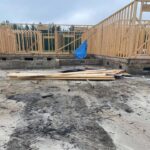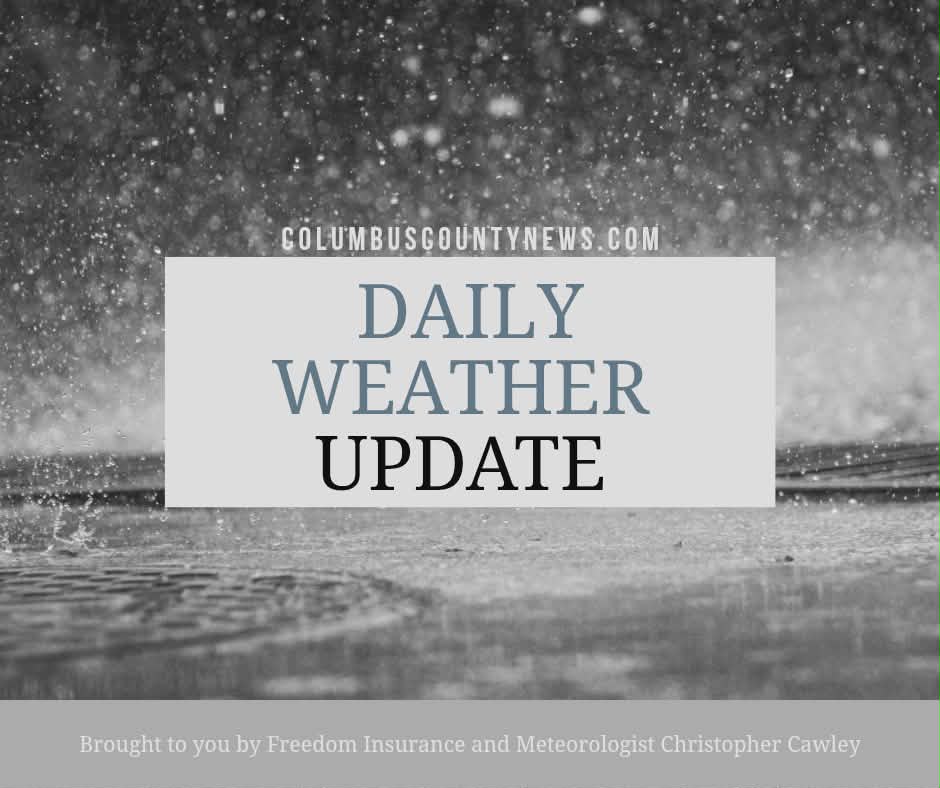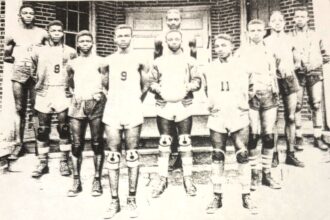Local residents are reporting seeing more alligators in Lake Waccamaw, and the North Carolina Wildlife Resources Commission (WRC) is taking the opportunity to collect biological data on the reptiles.
Alicia Davis, alligator biologist, and the commission’s extension biologist Falyn Owens, come twice a year for a week during the spring and summer to conduct a mark and recapture study. The team catches the reptiles, tags them with a microchip, and releases them back into the wild.
If a tagged gator is captured, they compare the information previously collected to the biological information it presents now, and release the animal where it was caught.
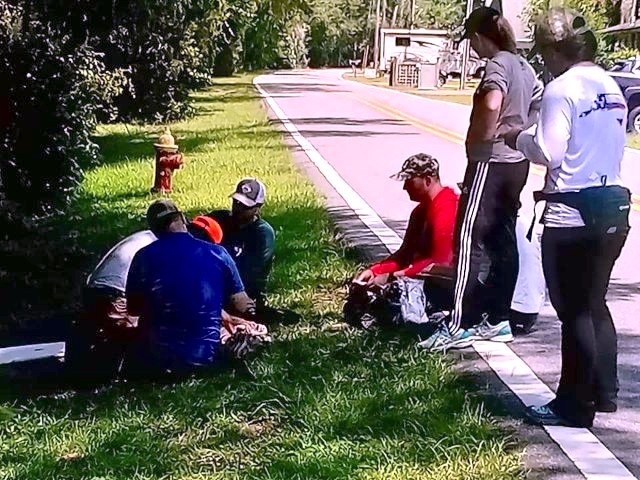
Owens says that the animals in this area are uniquely different from alligators anywhere else.
“The animals here aren’t like the ones like you see way down south in Florida or Louisiana,” she said. “They grow more slowly, and their age of reproduction is different.”
There are many added benefits to the work the biologists do. Their methods put as little stress as possible on the animal, and it also makes them a bit more skittish of humans after being handled.
“It helps promote coexistence,” Owens said.
The main goal of the study is to learn more about the gators at the lake so the WRC can better manage them. The information collected includes whether the animal is male or female, the length of the animal, the age of reproduction, the condition of its body, and where it was located.
Owens also encourages North Carolinians to report alligator sightings especially if it’s in an unusual or unknown area.
“Public input helps us map where alligators live in North Carolina,” Owens said. “Based on the information people give us, we know that within their range (mostly the southeastern part of the state), alligators can really be found anywhere – including neighborhoods and beaches.”
You can send alligator observations directly to Alicia Davis at alicia.davis@ncwildlife.org. The email should include:
• A photo of the alligator
• When it was observed (date and time)
• The location where it was found (GPS coordinates if possible)
• Estimation of size
o Hatchling-3 feet
o 3-6 feet
o 6-9 feet
o More than 9 feet
o Unknown
You can also upload photos using a computer at iNaturalist.org, or download the free iNaturalist app, which is available for iPhone and Android.
